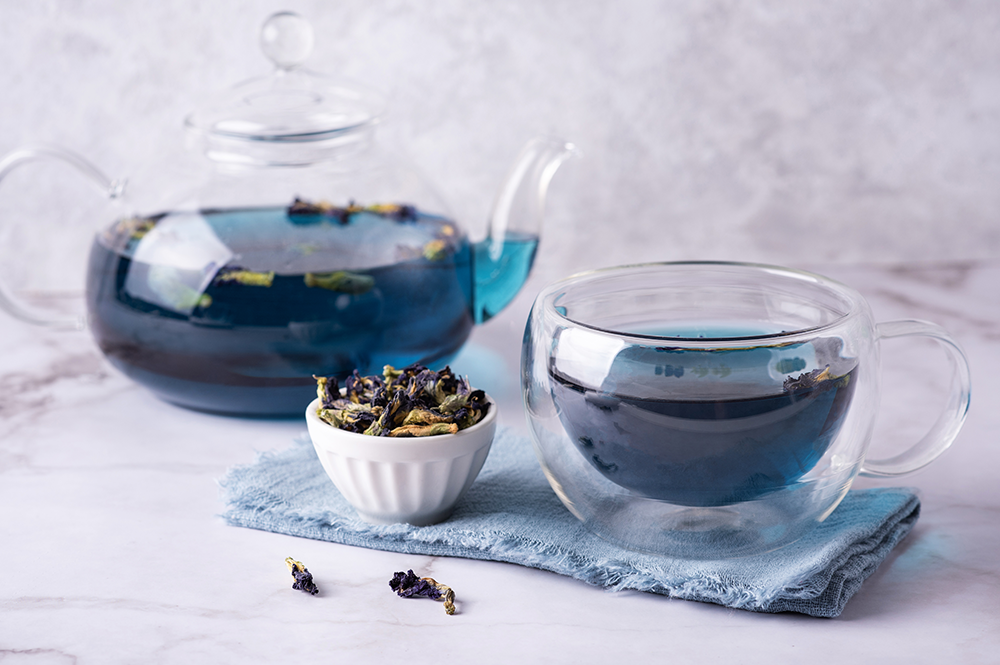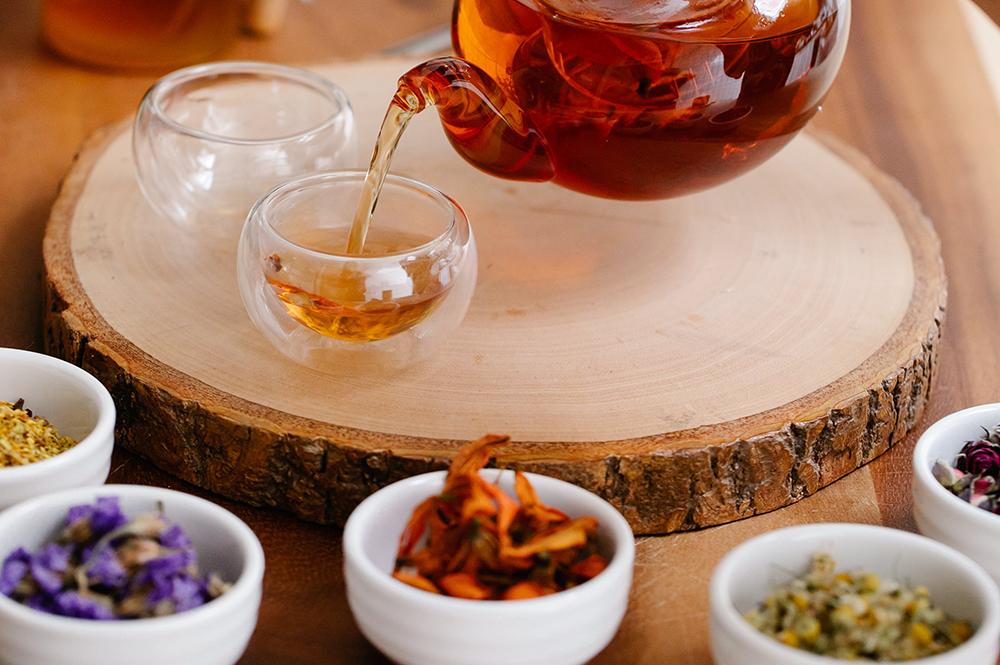The world of flavours in the manufacturing industry has expanded beyond the conventional to embrace the richness of botanicals. Its resurgence in the evolving landscape of the food and beverage sectors are being explored for its diverse applications, health benefits, and flavour profiles. This renewed interest in unravelling innovative botanicals derived from plants and plant-based sources has become integral to the culinary sphere, providing diverse tastes, aromas, and health benefits. In this comprehensive exploration, we will unravel the essence of botanicals, trace their origins, understand their varied applications, and delve into their transformative role in the food and beverage manufacturing industry.
Defining Botanicals
Botanicals refer to plant-based ingredients that contribute flavours, aromas, and, in some cases, functional properties in food and beverage production. Common botanicals include herbs, spices, flowers, fruits, seeds, and roots. With the surge of interest in green and clean living, more consumers and manufacturers are actively exploring these ingredients to promote healthy lifestyles.

Nature’s Botanical Offering
Herbs: Leafy plants known for their aroma and flavour are commonly used in dishes and beverages. Some popular examples are basil, thyme, cilantro, rosemary, and oregano. They usually enhance sauces, dressings, and marinades, contributing to their taste and visual appeal.
Spices: Cinnamon, cumin, chilli, and cardamom are aromatic substances extracted from the seeds, bark, or roots of plants. Their ability to add depth, complexity, and warmth to dishes is prized. Curry powder and garam masala are popular spice blends widely incorporated in Indian and fusion cuisine.

Edible Flowers: Flowers like lavender, hibiscus, and nasturtium have found their way into culinary innovations owing to their vibrant colours and unique flavours. Producers of teas, desserts, and even savoury dishes are increasingly adding edible flowers as key ingredients to their products.
Fruits: Citrus fruits like oranges, and lemons and tart berry variants like strawberries and blueberries bring natural sweetness and acidity to edible products. They are widely used in beverages, jams, desserts, and snacks to provide a burst of natural and fruity goodness.
Roots and Tubers: Ginger, turmeric, and sweet potatoes are roots and tubers known for their earthy flavours. These botanicals infuse products with unique taste profiles. Potential for Botanicals in the Food and Beverage Industry
The nuanced flavours of botanicals allow manufacturers to create distinctive and memorable culinary experiences using the full range of nature’s edible boon. Let’s explore some of these:
Natural Colouring Agents
Colouring agents derived from botanicals eliminate the need for synthetic dyes. For example, a natural blue hue can be extracted from spirulina, while beetroot powder imparts a rich red colour. This shift towards natural colouring aligns with consumer preferences for clean-label products.

Artisanal and Premium Offerings
Many premium, artisanal products are developed using botanicals to lend a special touch. A fine example is lavender in craft chocolates, exotic flower-based artisanal teas, and premium spice blends exemplify botanicals’ sophisticated and unique uses.

Botanical-Infused Beverages
One of the biggest adopters of botanicals as a flavouring ingredient, the beverage industry is the forerunner in popularising this natural range of ingredients. From chamomile, elderflower, and rosemary incorporated herbal teas to botanical-infused waters and craft sodas, refreshing and high-end beverage options are growing. Many spirits and liqueurs have botanicals as their base. It provides each drink its distinct trademark flavour and is the source of all scents and odours.

Culinary Convenience
Botanical-infused oils, marinades, and sauces have become popular because they simplify cooking for consumers seeking bold and complex flavours without extensive preparation work. As consumer demand for convenience grows, food manufacturing companies have responded by introducing pre-seasoned and flavoured products. The Japanese citrus fruit, Yuzu, is a new ingredient being explored as a flavour enhancer to sauces, soups, and desserts.
Plant-Based and Vegan Alternatives
Since consumers are actively looking for meat and dairy alternatives, from growing plant-based and vegan lifestyles, botanicals have proven to be a timely solution. Botanicals can mimic the flavours and aromas of traditional animal-based products and align with consumer expectations.
New areas of interest in food and beverage innovation, like botanicals, often lead to a surge in research and creativity in food manufacturing trends. The possibilities of how they can be used in pre-existing products and in developing new ones are infinite.
At Symega, the prospect of pioneering products that are fresh and new in the food and
beverage industry is always exciting. If you’d like to discuss the whole range of botanically-based creations with us, drop us a line at marketing@symega.com.



